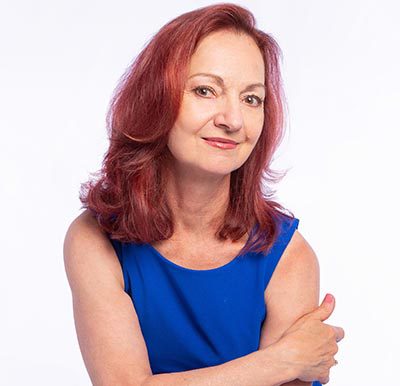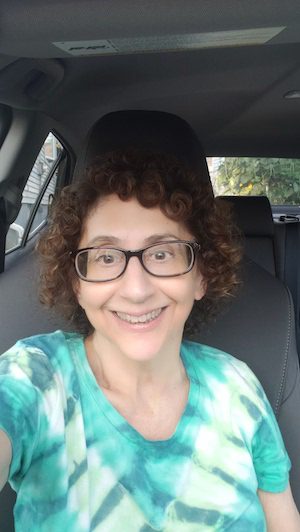Gendered Ageism: The Intersection of Age and Gender Discrimination
This month we have focused on ageism, leading up to Ageism Awareness Day. Ageism often intersects with other forms of discrimination, creating a unique and complex phenomenon. Gendered ageism refers to the intersection of ageism and sexism, where individuals, particularly older women, face discrimination and stereotypes based on both their age and gender.
In this empowering era of the 4th wave of the women’s movement, feminism, we are experiencing an unprecedented level of self-empowerment and collective authority. It’s essential to recognize that what has truly evolved is our ability to isolate and confront yet another form of discrimination: gendered ageism.
In the fight against gendered ageism, there is no single prominent figure or leading proponent, just as there is no solitary champion for dismantling ageism, sexism, or racism in isolation. Instead, we must join forces to disentangle and deconstruct these ‘isms,’ transforming them from divisive deficits into shared assets that enrich our society as a whole.
Our strength lies in our unity, our ability to challenge these systemic prejudices collectively. Together, we can create a more inclusive, equitable world where age, gender, or race no longer serve as barriers to individuals realizing their full potential. In this current era of empowered feminism, we are not just confronting gendered ageism, but also reshaping the very fabric of societal norms and expectations.

As we delve deeper into the current reality of gendered ageism, we confront a troubling presence of double standards. These double standards come to light when we observe how society assesses older men and women based on their appearance.While older men may be perceived as distinguished or experienced, older women are sometimes seen as less appealing and unattractive.
Older women frequently experience challenges in the job market. They may encounter difficulties when seeking Employment or face ageist and sexist attitudes in the workplace. According to AARP, women over 40 are significantly underrepresented in the workplace, and ageism, coupled with gender bias, can hinder their career prospects. A study published in “Psychology and Aging” found that older women face more age-related job discrimination than older men, especially in high-status jobs.
The media also often perpetuates stereotypes by portraying older women as less relevant or relegating them to limited roles. A report by the Media, Diversity & Social Change Initiative at USC Annenberg found that only 29.3% of female characters in speaking roles in film were 40 years old or older.
Proactive steps to combat gendered ageism are to raise awareness, challenge media stereotypes, promote inclusivity, and advocate for change. You can’t stop progress: all the studies show that women’s leadership, compared with men’s, makes a hugely positive impact on the Triple Bottom Line of People, Planet & Profit.
Are we ready to embrace a future where age and gender don’t define leadership, but Wisdom and experience do? How can we collectively support and empower women of all ages to lead the way into this newest iterative era?
We are no longer in the shadows, unseen, unheard. Our sovereignty is not for sale nor will it be relinquished!
Please accept my complimentary mini-book, HerStory, as a token of appreciation for your ongoing support.
Photo by Centre for Ageing Better on Unsplash
The post Gendered Ageism: The Intersection of Age and Gender Discrimination first appeared on Karen Sands.
























